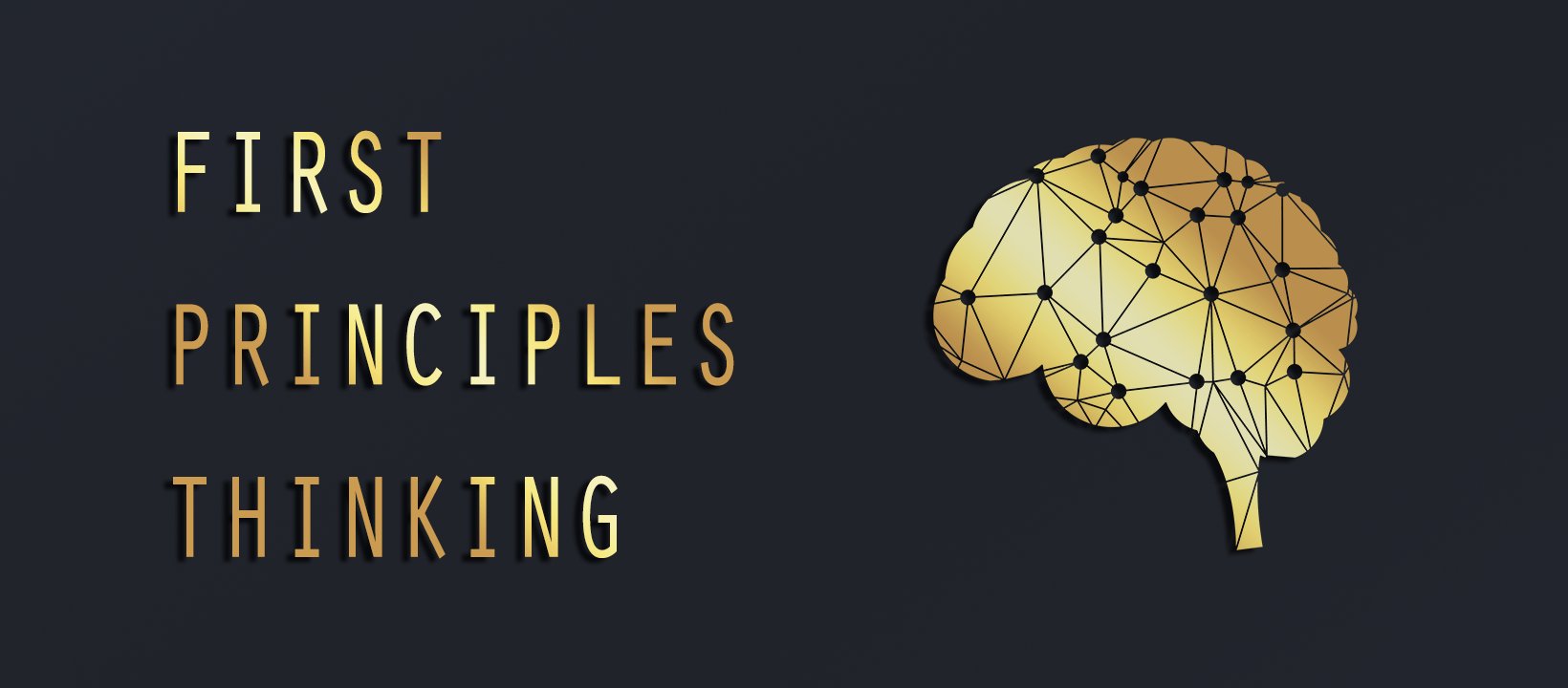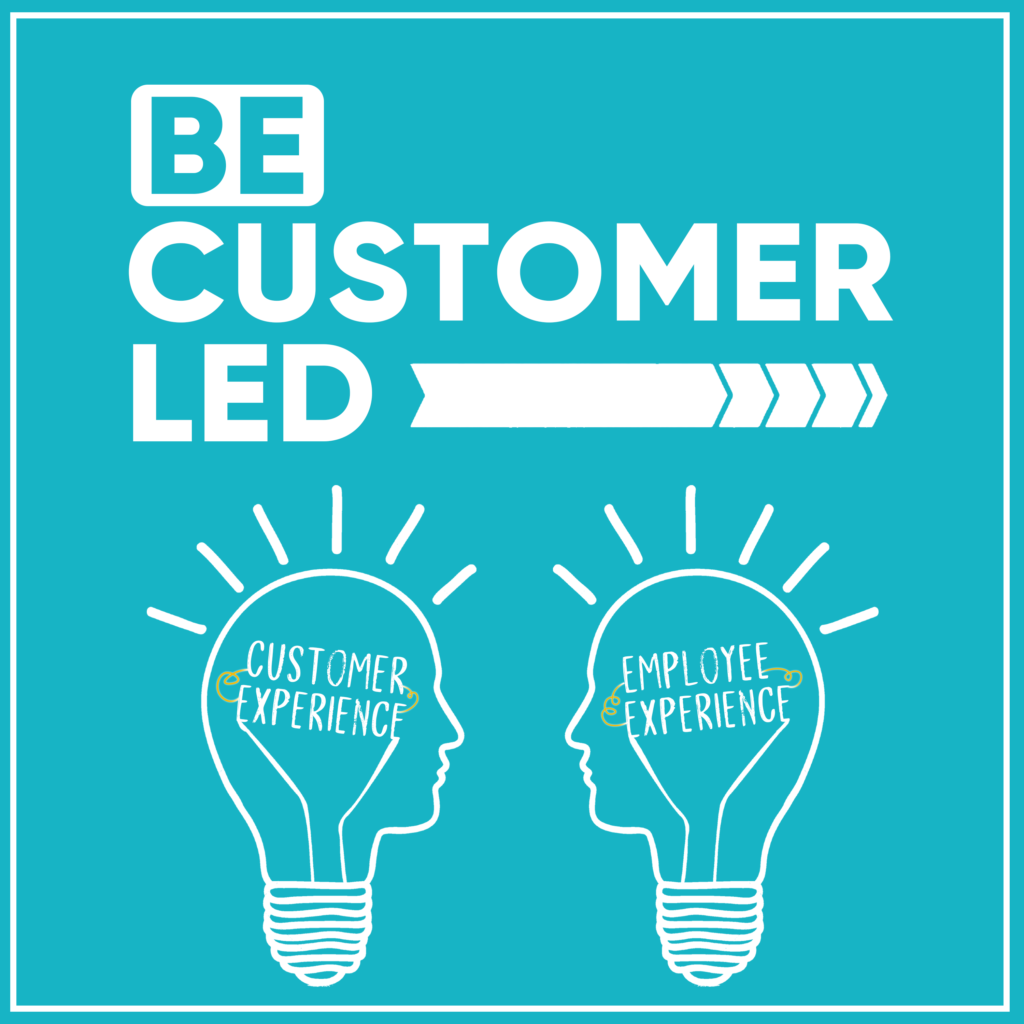Many of you may be aware of ‘First Principles’ thinking, or “reasoning from first principles.” Elon Musk, Steve Jobs, and other innovators of our time, even dating back to Descartes in the 1600’s, practiced First Principles thinking regularly. If you have not heard of it as yet, here is a great primer from Farnam Street.
A recent conversation with Brett King on the Be Customer Led podcast (episode not yet published) got me to thinking about First Principles in customer experience. Similarly, how do we move away from design by analogy, essentially building knowledge and solving problems based on prior assumptions, or widely held beliefs approved by the greater majority of CX thought leaders. Analogical thinking, or improving an existing design, has it’s place for sure, but how do we create something completely new?
Why am I asking these questions, and what am I getting at, you might ask? Well, I think CX, as a discipline, is at a huge inflection point, and we need to move away from traditional dogma, and challenge our thinking in order to move the practice forward. I want to be clear, this post is not about solving the problem for you, but it is about starting the conversation if you’re interested.
A great example of First Principle thinking is one many of you are familiar with: the iPhone. Do you remember when Jobs first introduced the iPhone (check it out here)? It was 2007, and jobs talked about the existing phones out there, flip phones and blackberry phones with keyboards built in. But he and others at Apple completely re-thought the mobile experience from the ground up, by combining a phone, a music device (an iPod), and an “internet communication device” with touch controls.
Elon Musk did this by taking a rocket that cost billions and figuring out that that cost of materials on the open market was a fraction of what it actually cost for someone like NASA to develop it. So it wasn’t raw materials; it was in the way it was designed. Next thing you know, SpaceX is launching and landing rockets upon re-entry.
Similarly for customer experience as a discipline, what are our foundational truths? Is it that we need engaged and committed employees to deliver a best-in-class experience? That assumption is tough to challenge. I can’t think of a company that delivers a great experience whose employees phone it in all day. Is it that we need surveys to capture customers’ needs in order to design a product or service that solves a need, problem or job to be done? Maybe so. Is it that we need to engage the entire organization and have everyone own the customer experience? Likely.
When I think about first principles in helping CX practitioners like me move the discipline forward, I don’t want a phone, a music device and an internet communicator separately. I need something new that brings capabilities together, that helps me define new experiences; ones that I never new I had to build before. That is a mix of talent, technology, and technique. But we are stuck in “design by analogy” because there isn’t anything available to support us in breaking down the discipline into its core truths and building something new from the ground up.
What do you think the first principles of CX are? Curious to continue the conversation.
I hope you’ve found this post a little bit useful and it helps you get a little bit better each day.

